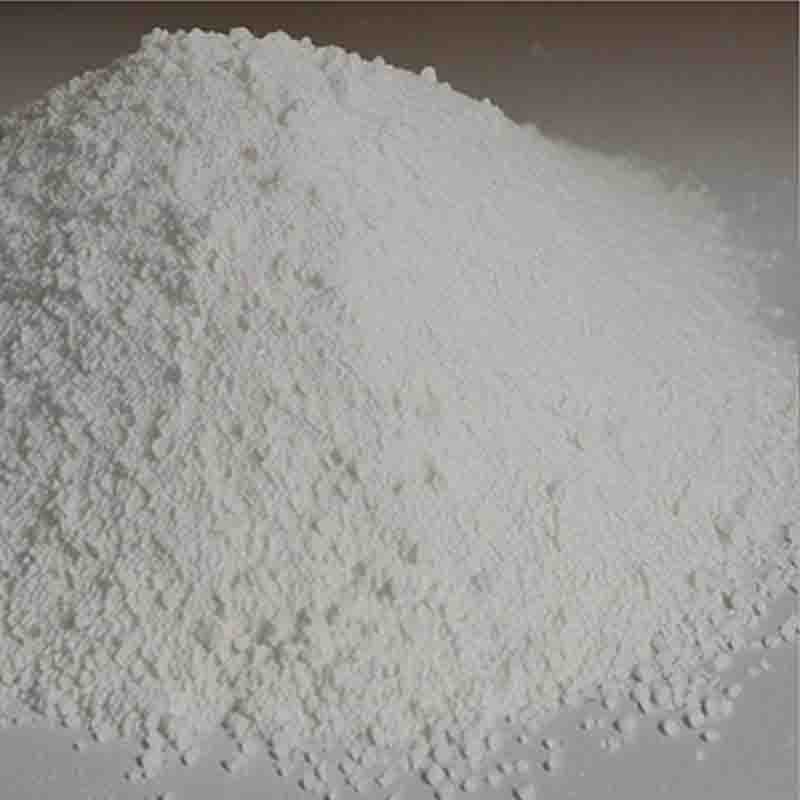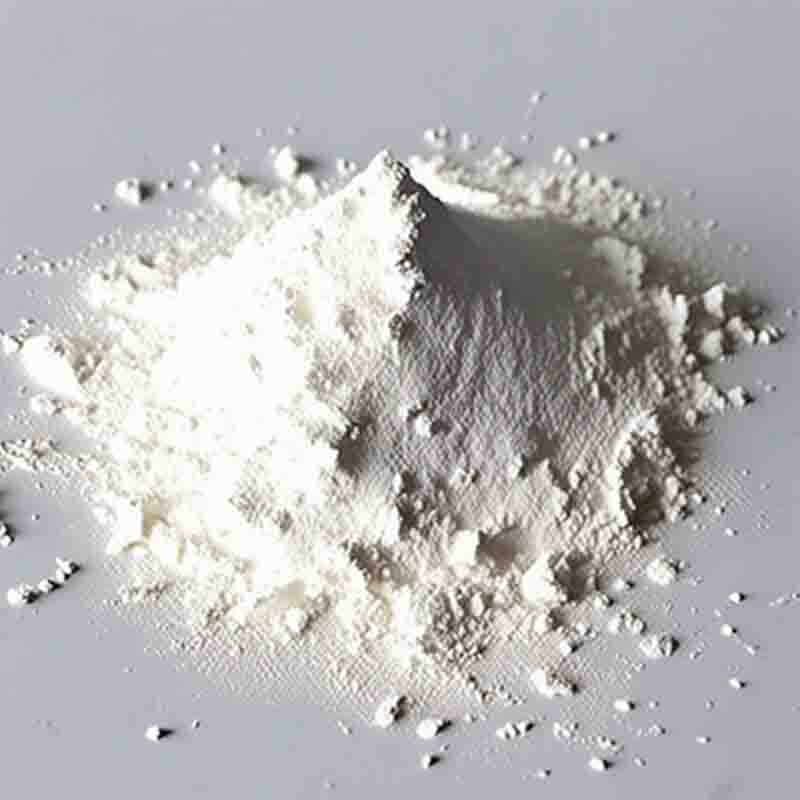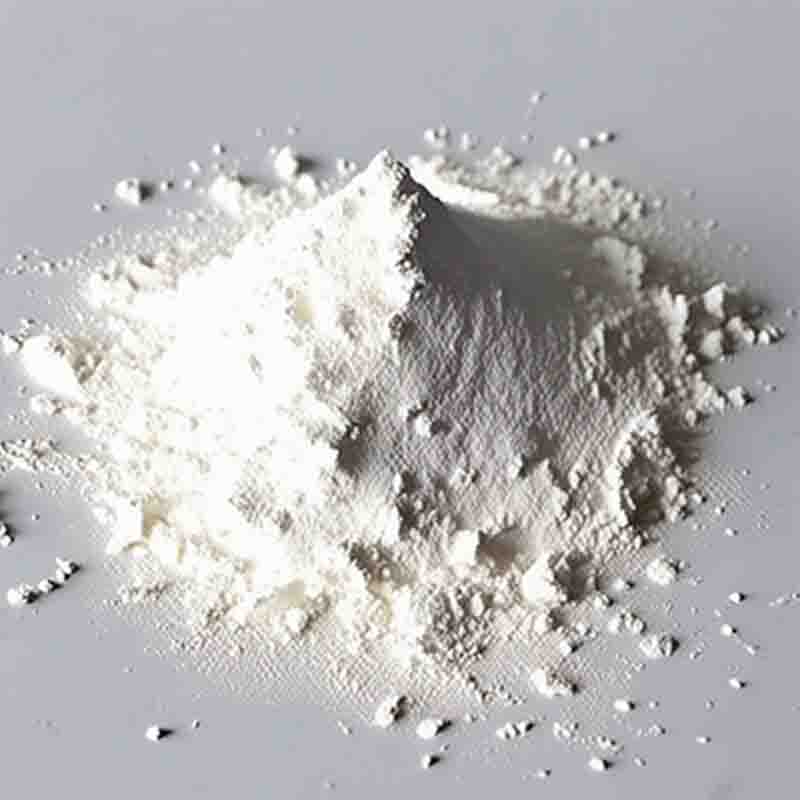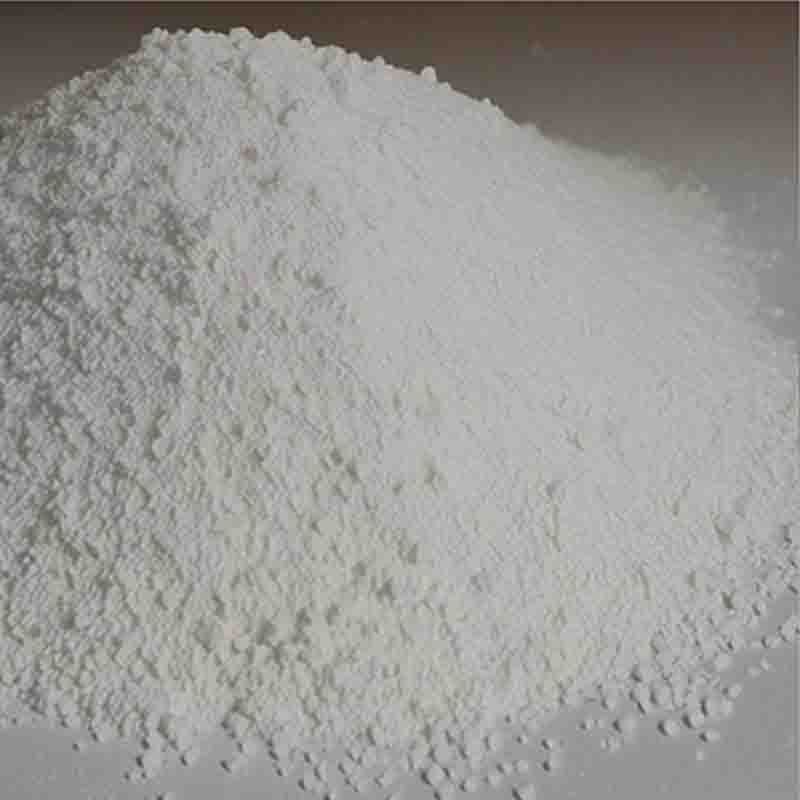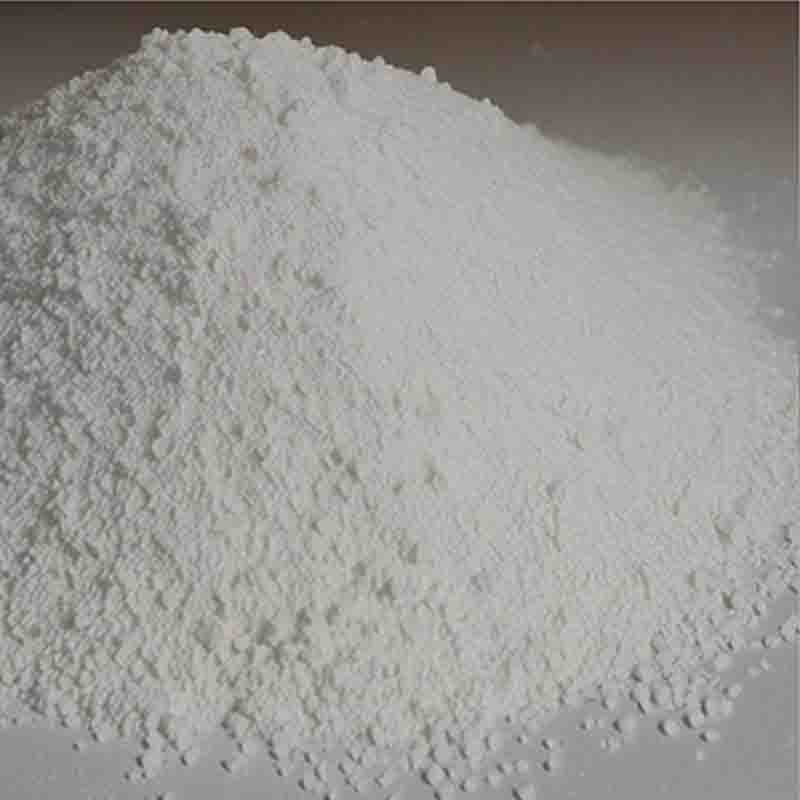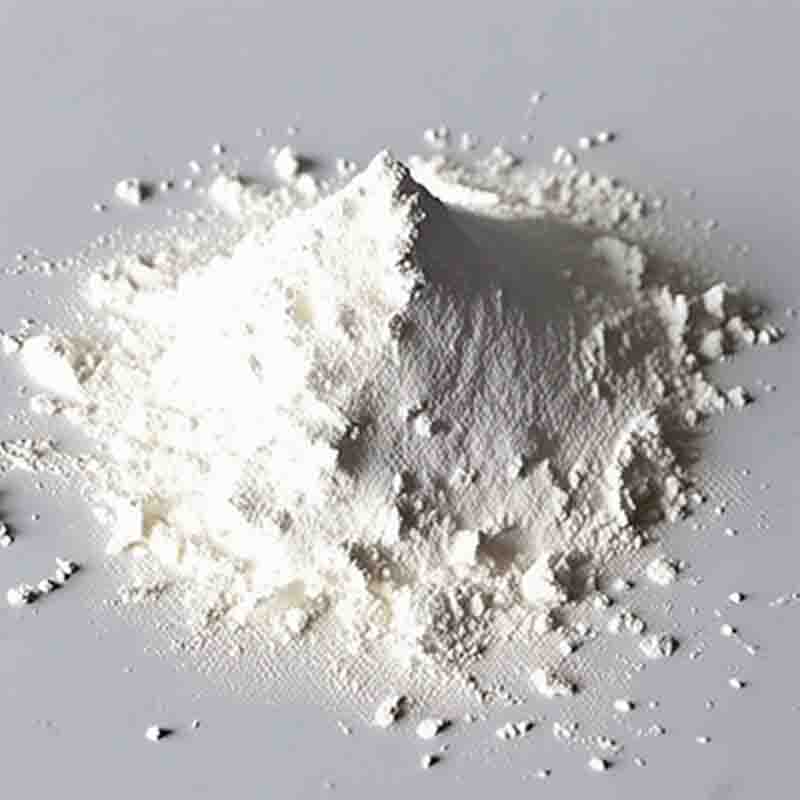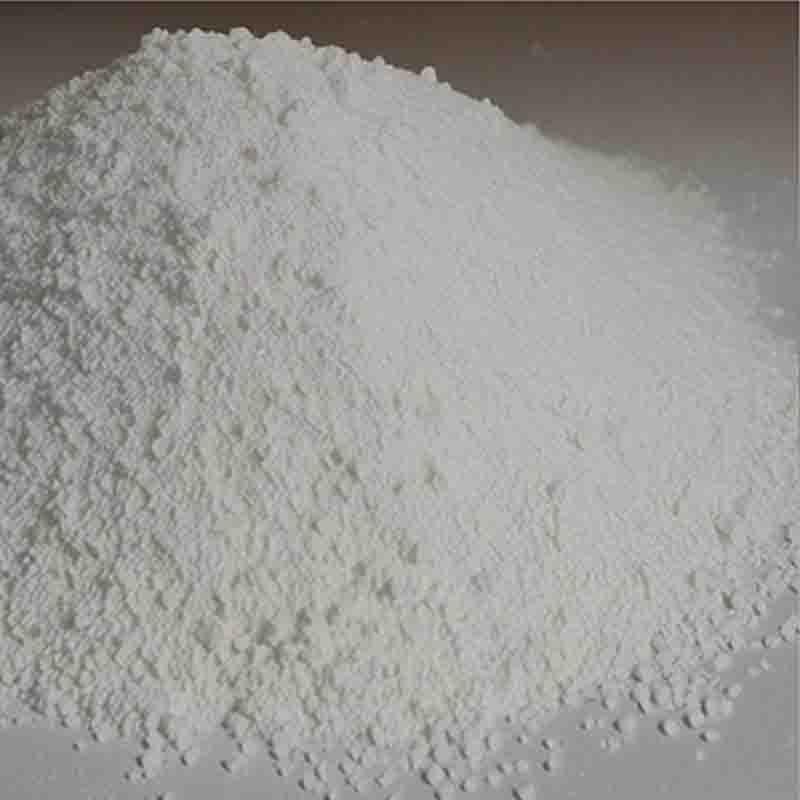N-(4-Nitrobenzoyl)-beta-alanine CAS:59642-21-6
| Catalog Number | XD96301 |
| Product Name | N-(4-Nitrobenzoyl)-beta-alanine |
| CAS | 59642-21-6 |
| Molecular Formula | C10H10N2O5 |
| Molecular Weight | 238.2 |
| Storage Details | Ambient |
Product Specification
| Appearance | White powder |
| Assay | 99% min |
N-(4-Nitrobenzoyl)-beta-alanine is a chemical compound that belongs to the class of molecules known as benzamides. It is often referred to as 4-nitrobenzoyl-β-alanine or simply as NNB-beta-alanine. This compound has attracted attention in various research fields, including pharmaceutical and medicinal chemistry, due to its potential biological activities and therapeutic applications.One notable aspect of N-(4-Nitrobenzoyl)-beta-alanine is its ability to act as a prodrug. A prodrug is an inactive form of a compound that is converted into its active form within the body. In the case of N-(4-Nitrobenzoyl)-beta-alanine, it undergoes a process called hydrolysis to release β-alanine, which is the active molecule responsible for the biological effects.β-alanine is an amino acid that plays a crucial role in the synthesis of carnosine, a dipeptide found in high concentrations in muscle tissues. Carnosine is involved in various physiological processes, including pH regulation and antioxidant activity. Therefore, the effects of N-(4-Nitrobenzoyl)-beta-alanine can be attributed to the increased levels of β-alanine and subsequent elevation of carnosine in the body.Research has shown that elevated carnosine levels can have several beneficial effects. It has been suggested to enhance exercise performance, particularly in high-intensity activities that rely on muscle strength and endurance. Carnosine also exhibits antioxidant properties, which may protect against cellular damage caused by free radicals.Furthermore, N-(4-Nitrobenzoyl)-beta-alanine and its active metabolite β-alanine have been investigated for their potential role in neuroprotection. Studies have shown that carnosine can help reduce oxidative stress and inflammation in the brain, which may have implications for neurodegenerative conditions such as Alzheimer's and Parkinson's diseases.In conclusion, N-(4-Nitrobenzoyl)-beta-alanine serves as a prodrug for β-alanine, which plays a crucial role in the synthesis of carnosine. The elevation of carnosine levels in the body may have several beneficial effects, including increased exercise performance and potential neuroprotective properties. Further research is needed to fully understand the mechanisms and potential therapeutic applications of N-(4-Nitrobenzoyl)-beta-alanine and its active metabolite.


